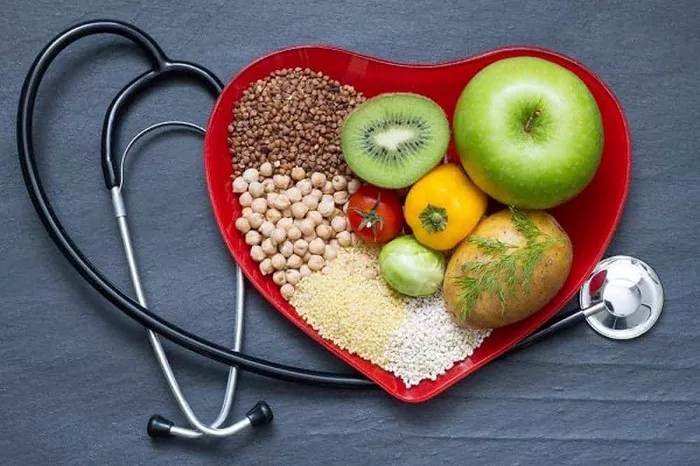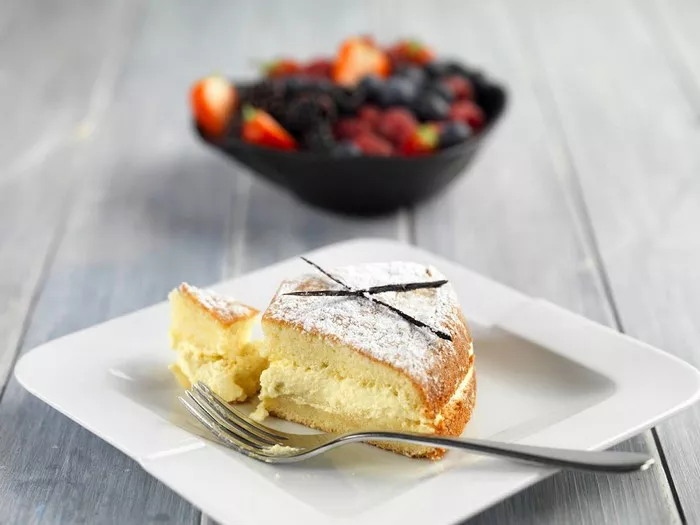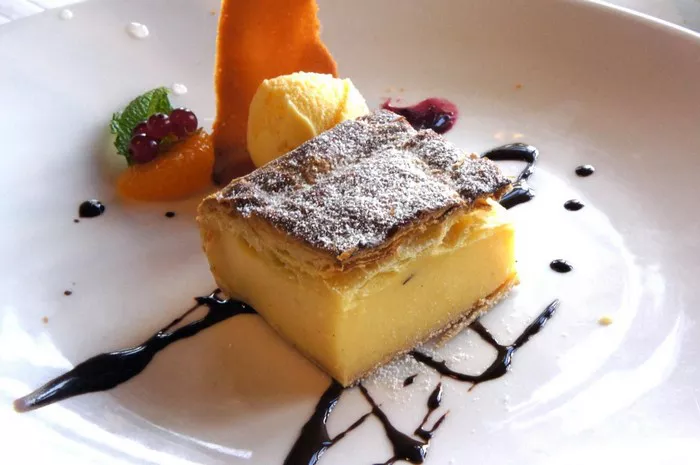Fungal infections can be uncomfortable and persistent, but did you know that your diet can play a crucial role in managing and preventing them? In this article, we’ll explore what foods to avoid when dealing with a fungal infection, helping you make dietary choices that support your recovery and overall health.
1. Sugar and Refined Carbohydrates: The Culprits
One of the primary dietary triggers for fungal infections is excessive sugar and refined carbohydrate consumption. These foods can fuel the growth of fungi, particularly yeast infections like Candida. Here’s what to steer clear of:
Sugary treats: Avoid candies, soda, pastries, and other sugary snacks that can feed fungal growth.
White bread and pasta: Refined grains can spike blood sugar levels, creating an environment favorable for fungal overgrowth.
Sweetened beverages: Skip sugary drinks, as they can contribute to imbalances in the body’s microbiome.
2. Dairy Products with High Sugar Content
Certain dairy products can be problematic when dealing with fungal infections. Avoid those with added sugars, as they can promote fungal growth. Here’s what to be cautious of:
Sweetened yogurt: Opt for plain yogurt without added sugars to maintain a balanced gut environment.
Flavored milk: Avoid flavored milk products that contain excess sugars.
3. Alcohol: A Fungal Feast
Alcohol can weaken your immune system and exacerbate fungal infections. It’s best to limit or eliminate alcohol consumption when dealing with fungal issues. Alcohol can disrupt the balance of gut bacteria, making it easier for fungi to thrive.
4. Moldy or Spoiled Foods
This one might seem obvious, but it’s worth emphasizing: Moldy or spoiled foods can introduce fungal toxins into your system. Always check for mold growth or spoilage and discard any affected items. This includes:
Bread and baked goods: Check for visible mold, even in small amounts.
Cheese: Avoid cheese with mold growth, and store it properly to prevent contamination.
Nuts and grains: Ensure these are stored in airtight containers to prevent fungal contamination.
5. High-Starch Vegetables
While vegetables are generally healthy, some high-starch varieties can contribute to fungal infections. Limit your intake of these during infection:
Potatoes: Starchy tubers can raise blood sugar levels and potentially worsen fungal overgrowth.
Corn: Another high-starch food to consume in moderation during a fungal infection.
6. Processed and Packaged Foods
Many processed and packaged foods contain preservatives and additives that can disrupt your gut microbiome. They may also contain hidden sugars. Be cautious of:
Processed meats: Some processed meats contain added sugars and artificial ingredients.
Packaged snacks: Chips, crackers, and similar snacks can harbor hidden sugars and additives.
In conclusion, when dealing with a fungal infection, your diet can either support your recovery or hinder it. By avoiding foods that promote fungal growth, such as sugary and refined items, moldy foods, and excessive alcohol, you can take a proactive step in managing and preventing fungal infections. Opt for a diet rich in whole, unprocessed foods and consult with a healthcare professional for personalized advice on managing fungal infections through nutrition.
FAQs related to the topic of “Fungal Infections and Diet”:
1. What are fungal infections, and how do they occur?
Fungal infections are caused by various types of fungi that can invade different parts of the body, such as the skin, nails, mouth, or genitals. They occur when fungi multiply and overgrow in these areas, often due to factors like a weakened immune system, poor hygiene, or imbalanced gut flora.
2. Can diet influence the development of fungal infections?
Yes, diet can play a significant role in the development and management of fungal infections. Certain foods, especially those high in sugar and refined carbohydrates, can promote fungal overgrowth, making it important to monitor your dietary choices when dealing with such infections.
3. What are the primary dietary factors to avoid during a fungal infection?
The primary dietary factors to avoid during a fungal infection include sugary and refined foods, alcohol, dairy products with added sugars, moldy or spoiled foods, high-starch vegetables, and processed or packaged foods with preservatives and additives.
4. Are there any foods that can help prevent fungal infections?
Yes, incorporating foods that support a healthy gut microbiome, such as probiotic-rich yogurt and fiber-rich vegetables, can aid in preventing fungal infections. Additionally, garlic and coconut oil have natural antifungal properties that may be beneficial.
5. How can I maintain a balanced diet while avoiding foods that promote fungal growth?
To maintain a balanced diet while avoiding problematic foods, focus on whole, unprocessed foods like lean proteins, fresh fruits and vegetables, whole grains, and lean sources of dairy (without added sugars). These choices can help keep your gut microbiome in check.
6. Should I consult a healthcare professional for dietary guidance during a fungal infection?
Yes, it’s advisable to consult a healthcare professional, such as a doctor or a registered dietitian, for personalized dietary guidance when dealing with a fungal infection. They can provide tailored recommendations based on your specific condition and dietary preferences.
7. How long should I follow a restricted diet when dealing with a fungal infection?
The duration of a restricted diet for fungal infections may vary depending on the severity of the infection and how your body responds to treatment. It’s essential to follow your healthcare provider’s recommendations and gradually reintroduce restricted foods as your condition improves.
8. Can a balanced diet alone cure a fungal infection?
A balanced diet is an essential part of managing fungal infections, but it’s typically not a standalone treatment. Fungal infections often require antifungal medications prescribed by a healthcare professional. A balanced diet can support the treatment process and help prevent future infections.
9. Are there any natural remedies for fungal infections besides dietary changes?
In addition to dietary changes, natural remedies such as tea tree oil, oregano oil, and apple cider vinegar have been explored for their potential antifungal properties. However, it’s crucial to consult with a healthcare provider before using these remedies, as their effectiveness can vary.
10. How can I prevent fungal infections in the first place?
To prevent fungal infections, maintain good hygiene, keep skin dry, wear breathable clothing, avoid sharing personal items, and maintain a balanced diet rich in foods that support a healthy microbiome. If you’re prone to fungal infections, consult with a healthcare professional for personalized prevention strategies.





















